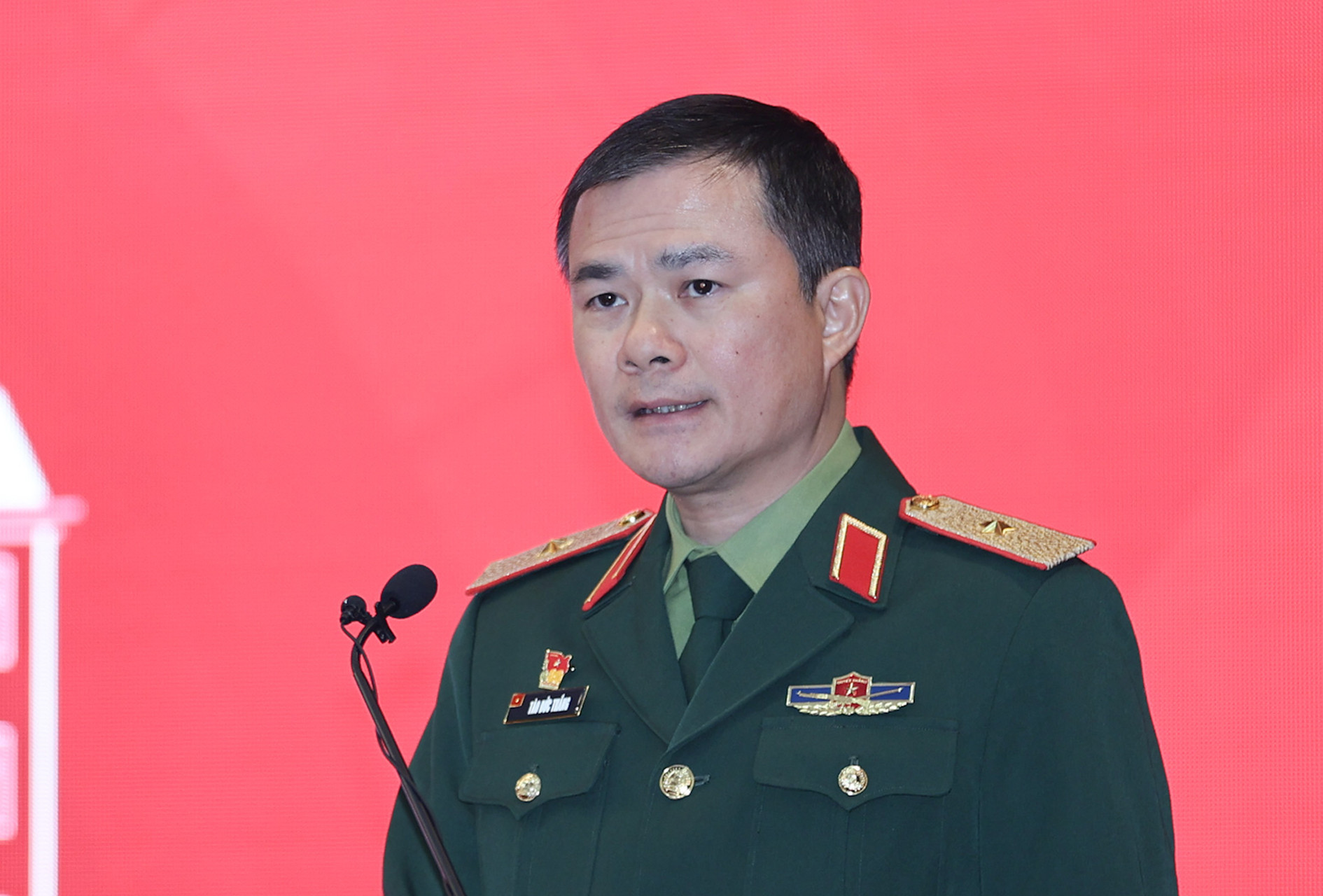
At the 2025 Ministry of Information and Communications (MIC) annual planning conference, held on December 29, Major General Tao Duc Thang, Chairman of Viettel Group, emphasized the critical need for special mechanisms to facilitate the acquisition of advanced technological secrets and develop Vietnam's technological capabilities.
Highlighting the nation’s strides in digital transformation, Thang noted significant progress in areas such as digital government, the digital economy, and mobile internet penetration.
For example, 70% of administrative procedures are now available online, while the digital economy contributes 18.3% to the nation’s GDP.
In telecommunications, nearly 90% of mobile users now utilize smartphones, and fiber-optic internet has reached 83% of households.
These developments are reflected in Vietnam’s improved international rankings, where the nation stands fifth among ASEAN countries in digital infrastructure.
As the country’s leading telecommunications enterprise, Viettel has laid out an ambitious roadmap for the coming years. The company aims to phase out older 2G and 3G technologies, achieving 50% 5G coverage by 2025, and expanding it nationwide by 2028.
Additionally, Viettel is planning significant enhancements to internet infrastructure, with the goal of delivering gigabit-speed broadband to all Vietnamese households by 2030.
Beyond telecommunications, Viettel is advancing plans to dominate the semiconductor sector, focusing on chips for defense and other specialized applications.
The company envisions full control over chip design and production by the end of the decade. To support these developments, Viettel is working on new undersea cable routes and state-of-the-art data centers, including a collaboration with NVIDIA to establish a high-performance computing center equipped with cutting-edge AI processing capabilities.
Addressing the conference, Thang underscored the necessity of targeted government policies to unlock the country’s technological potential.
Viettel proposed the creation of venture capital mechanisms within enterprises to fund high-risk, high-reward research initiatives.
Such investments, while inherently risky, could yield transformative breakthroughs in fields like semiconductors and artificial intelligence.
The chairman also called for clearer guidelines on evaluating and acquiring proprietary technologies from global partners.
These technologies are often difficult to appraise due to their unique nature, which creates challenges for negotiations and transfers.
A well-defined framework would streamline these processes and accelerate access to critical innovations.
Thang further highlighted the importance of fostering strategic international partnerships, even if this requires short-term concessions.
He explained that sacrificing immediate gains could pave the way for long-term technological mastery, enabling Vietnam to compete on a global scale.
The proposals reflect Viettel's commitment to driving Vietnam's technological advancement and ensuring its leadership in critical sectors.
With the right policies and mechanisms in place, the nation could harness the full potential of its digital economy, pushing the boundaries of innovation and development.
Thai Khang